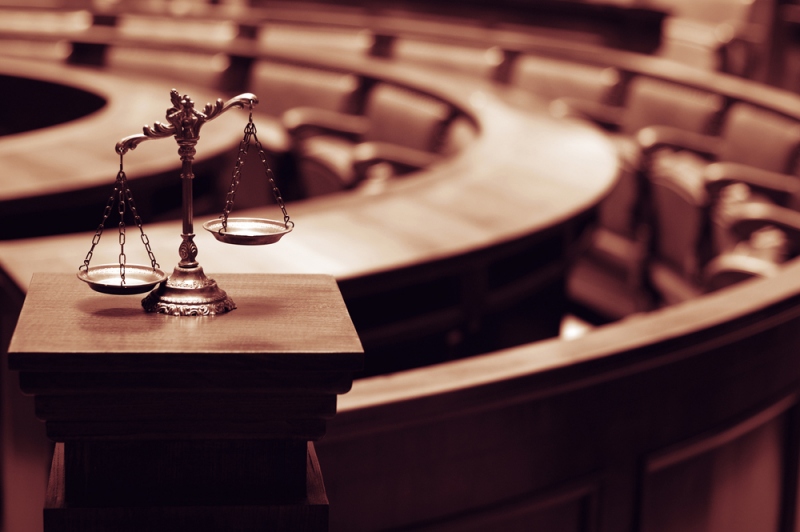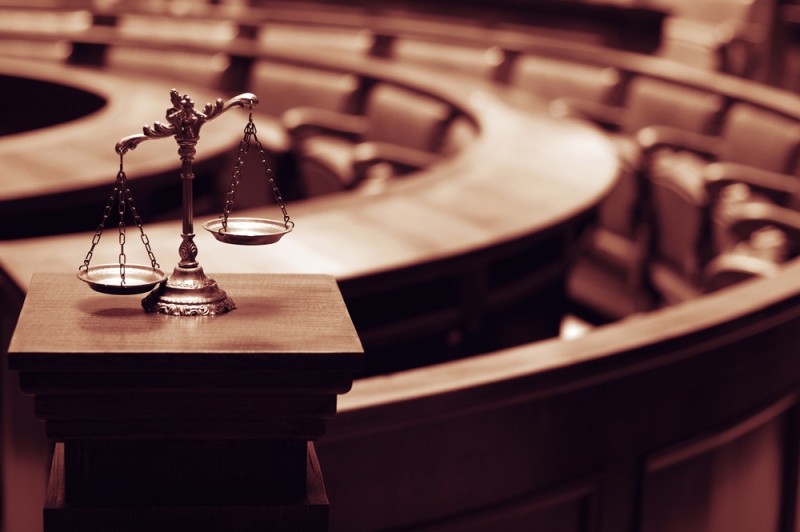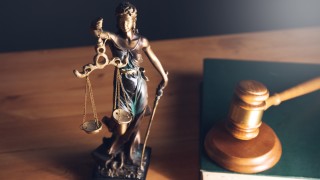Working in the legal profession means that you are bound by and held to a higher standard than many other professions. As a court reporter you’re involved in a range of legal proceedings including courtroom trials, legal depositions, hearings, meetings, and legal matters.
This involvement creates an understanding that you know and understand what your responsibilities are to all of the people involved in these legal matters. This includes the privacy and security of witnesses, lawyers, judges, and anyone else in attendance at the trial, deposition, or other meeting.

You do not have a career that allows you to go home and discuss the intimate details of the day with your friends and family members. As a court reporter, you are bound by a code of ethics outlined by the National Court Reporters Association (NCRA) as well as the ethics of your court reporting company and of those of the people you’re working and interacting with.
In this post, we’ll look at the NCRA code of ethics and what this code of ethics means for court reporters. We urge you to share this post with your colleagues, there’s a good chance that it’s been a while since your colleagues have reviewed the NCRA code of ethics and thought about how this code impacts them.
The NCRA Code of Ethics
The preamble for the NCRA Code of Ethics includes the following statement:
“The mandatory Code of Professional Ethics defines the ethical relationship the public, the bench, and the bar have a right to expect from a Member.”
In other words, the onus is on you, the court reporter, to honor and abide by the NCRA Code of Professional Ethics. As well, we hope that you will hold your fellow court reporting colleagues to the same standards of ethics.
The NCRA Code of Professional Ethics states that a member (court reporter) shall:
- Be fair and impartial toward each participant in all aspects of recorded proceedings, and always offer to provide comparable services to all parties in a proceeding.
- Be alert to situations that are conflicts of interest or that may give the appearance of a conflict of interest.
- Guard against not only the fact but the appearance of impropriety.
- Provide the confidentiality and ensure the security of information, oral or written, entrusted to the Member by any of the parties in a proceeding.
- Be truthful and accurate when making public statements or when advertising the Member’s qualification or the services provided.
- Refrain, as an official reporter, from freelance reporting activities that interfere with official duties and obligations.
- Determine fees independently, except when established by statute or court order, entering into no unlawful agreements with others with respect to fees to any user.
- Refrain from giving, directly or indirectly, any gift or anything of value to attorneys or their staff, other clients or their staff, or any persons or entities associated with any litigation which exceeds $150 in the aggregate per recipient each year.
- Maintain the integrity of the reporting profession.
- Abide by the NCRA Constitution & Bylaws.
These 10 guidelines are excerpted directly from the NCRA Professional Code of Ethics and we urge you to spend time reading this website and thinking more about how these guidelines apply to your professional and personal life.
What the NCRA Code of Ethics Means for Court Reporters
This NCRA Professional Code of Ethics is a set of guidelines that differentiates you from others. You, by virtue of your chosen profession, are expected to think beyond yourself and think of the law, those involved in the legal proceedings, those impacted by the law and legal proceedings, and how your involvement impacts others.
As a court reporter, you’re trusted with personal and confidential information. This expectation of trust should be considered whenever you’re creating a legal transcript:
- How you discuss your work with your colleagues.
- How you store and back-up courtroom transcripts.
- How you share these legal documents with your clients.
- How you interact with your clients.
You should have complete confidence in your colleagues and in your court reporting company as a whole. In fact, it is this professional code of ethics and the expectation that you’ll abide by them that helps reinforce why human court reporters are the better choice over machine court reporting.
Remember that if you ever feel a sense of doubt or unease with something you’ve been asked to do, given, or been told by a fellow professional – there is a chance that ethical lines could be or have been crossed.



